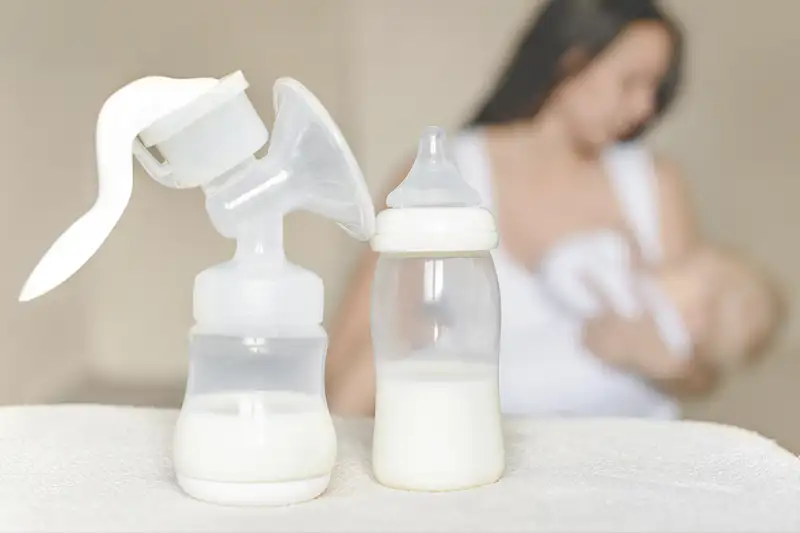PUMP Act

Have you been denied nursing accommodations by your employer?
If you are a nursing mother and have been denied appropriate space and time to express breast milk by your employer, you may have a claim under the Providing Urgent Maternal Protections for Nursing Mothers Act (the “PUMP Act”).
At Siri & Glimstad there is never any cost upfront to you for unpaid wages representation. We get paid only if we win for you.
What is the PUMP Act?
Since 2010, the Fair Labor Standards Act has required employers to provide nursing accommodations to their employees, but gaps in the law limited access to its protections and left many working mothers unable to recover in court when their employers failed to comply with the law’s requirements. On December 29, 2022, Congress passed the PUMP Act, and the law became effective on April 23, 2023. What makes the PUMP Act especially significant is that it closes previous loopholes—making these rights available to nearly all FLSA-covered employees, including many previously excluded salaried workers.
The PUMP Act specifically requires employers to provide a private, functional space, other than a bathroom, as well as reasonable break time for nursing employees to express breast milk. If an employer has violated the break time requirement or has indicated that they have no intention of providing private space to pump, or if an employee has been terminated for requesting time and space to pump, the PUMP Act allows employees to file a lawsuit against an employer.
Before Filing a PUMP Act Lawsuit
Before filing a lawsuit under the PUMP Act, the law typically requires employees to notify their employer of the lack of suitable pumping space and allow them ten days to come into compliance with the Act. However, exceptions to this notice requirement exist when you’ve been terminated for requesting accommodation or where an employer has indicated a refusal to comply.
How an Attorney Can Help
If you have been denied nursing accommodations, or believe you have been retaliated against for needing nursing accommodations, you may have a claim under the PUMP Act. Our attorneys can evaluate your situation to determine whether you have a claim against your employer. There is no obligation involved in speaking to an attorney about your situation to find out whether you may have a case.
Contact Us
CONTACT US TODAY TO SEE IF YOU’RE ELIGIBLE FOR COMPENSATION
1-717-WORK-LAW
(967-5529)